
“We are not selling cars. We are providing personal mobility.”
So says Lynk&Co senior vice president Alain Visser, exuding vast warmth and confidence. “With these subscription models, it’s more like your mobile phone contract or Spotify than a traditional lease, much more flexible. There are services like it, but not quite the same…”
We’re sat in Visser’s office in Gothenburg, Sweden, looking out over a frozen harbour at the glass and steel of a new business park, and pondering a new way of looking at car ownership. Or non-ownership. Because Lynk&Co is anything but traditional, even though its cars are based upon current Volvo bones. The office is buzzing, slightly chaotic, filled with dangerous amounts of fizzing young people with glowy skin as yet untarnished by disappointment. Pretty much the antithesis of the usual big automotive mothership. But that’s exactly the point: Lynk&Co is aiming at a new kind of consumer, targeted at people who don’t necessarily like cars. The workforce reflects that, culled from a wide variety of industries, throwing around the kind of on-trend phrases and fashionable trousers that make me wince. It’s all very much how I imagine Google head office might be, or some Silicon Valley high-tech ideas incubator. But Visser is the kind of man it’s hard to remain unmoved by. He’s the right side of evangelical, willing to admit that even he doesn’t understand some of the motivations. Which is why he employs people who do.
A little background is probably in order. Lynk&Co was launched as a new entity by Zhejiang Geely Holding, the owner of Volvo, in 2015, promising a “global connected and shareable mobility brand” rather than a car company. It promises to do away with dealers – offering boutique urban stores in town centres (like Tesla), lose the idea of options lists, instead offering a streamlined series of single-price collections, and provide the kind of connectivity that will make anyone under 25 lose their wifi range anxiety. On 17 November last year, its pre-sales event in China for the first XC40-based small SUV, the 01, sold out in 137 seconds. Six thousand vehicles in two minutes, seventeen seconds, making it the fastest-selling car in the world. This year, it announced the 02, a lower, smaller crossover – still on the same Volvo CMA platform (Compact Modular Architecture) – confirmed production at Volvo’s facility in Ghent, Belgium from 2019, and rolled out plans for a series of those city-centre offline showing-off shops in Amsterdam, Barcelona, Berlin, Brussels and London. It has also announced a homewear and fashion range in conjunction with emerging-designer shopping site Tictail called the City Dweller Series, as well as a similar operation with Chinese designer JINNNN that will produce a “series of cross-industry products following the megacity design philosophy”. What that means is anyone’s guess, though this is a multi-headed hydra of a strategy, and Lynk&Co has started to put down roots and prepare for invasion. As a new brand, it is not, as they say, messing about.
When we commence production in 2019, and sales starting from 2020, our range will be all about new energy
The hardware is familiar, and good. As mentioned, all of Lynk’s products will be based on the same architectures as current Volvo stock, produced on the same lines and to the same standards, of both safety and quality. A hugely reassuring starting point. The European cars will be focused on hybrid-only powerplants – the Chinese market preferring a gasoline engine – with three-cylinder versions (analogous to the XC40 T3 spec cars) coming next, followed by full EVs. Indeed, Visser says “There will be no diesel, no manual and no ICE Lynk&Co derivatives in Europe. When we commence production in 2019, and sales starting from 2020, our range will be all about new energy.” First impressions of the 01 indicate they are, as you might expect, perfectly good to drive and exist in, without being overly sporty or satisfying to drive, with styling that’s handsome and conservative rather than striking. But it’s the rest of the offering that really makes you wonder where this is aimed, because it probably isn’t at the kind of people who read Top Gear.
Of course, you can buy outright, and just take advantage of the no-hidden-extras pricing and subsequent service. But the subscription ownership is the first big deal, and it’s linked to the streamlining of the whole consumption process associated with a Lynk. You buy into a sub, with the opportunity to opt out with a month’s notice – unlike most mobile phone contracts, which tie you in for a year, or more. Cars can be swapped for different versions (think SUV for summer holidays, something a little smaller for usual commuting), and Lynk plans a whole raft of models to cover every eventuality. There are no dealers – you simply order online from that restricted number of collections which consist of Clear, Louder, Inter and Hyper for the 01 at the moment – which cuts the cost of manufacture as well as the money-sapping dealer process. Cars are delivered to your home or work (this goes for servicing, too), keeping the process convenient. The limited optioning also means that the company can carry centralised stock, so waiting times should be negated – no more lists. Servicing and lifetime warranties are included.
And there’s more. Each car has the kind of connectivity that will plaster a grin on those next-gen consumers. From personalised services to an open API (Application Programming Interface) called Co:Lab, a dedicated app store and the car’s own cloud service and wifi hotspot, the vehicles will customise themselves according to your downloads. With digital keys coded to your mobile phone, cars can be shared with family members (or neighbours, if you want), or even rented out in the same way as Airbnb. Delivery services could be sent one-time, boot-only opening codes, allowing Amazon or a food delivery service to drop your order into the boot of your car at work (Volvo has just announced the AmazonKey on XC40 models via Volvo OnCall), and eventually, when autonomy manages to jump its own hurdles, the car could be sent home during office hours, to be used by others. In the same way as a streamed song or a Boris bike, you no longer own the hardware, but decide more precisely how you want to consume it, with the digital aspects allowing each car to become your “own” as soon as it links to your mobile.
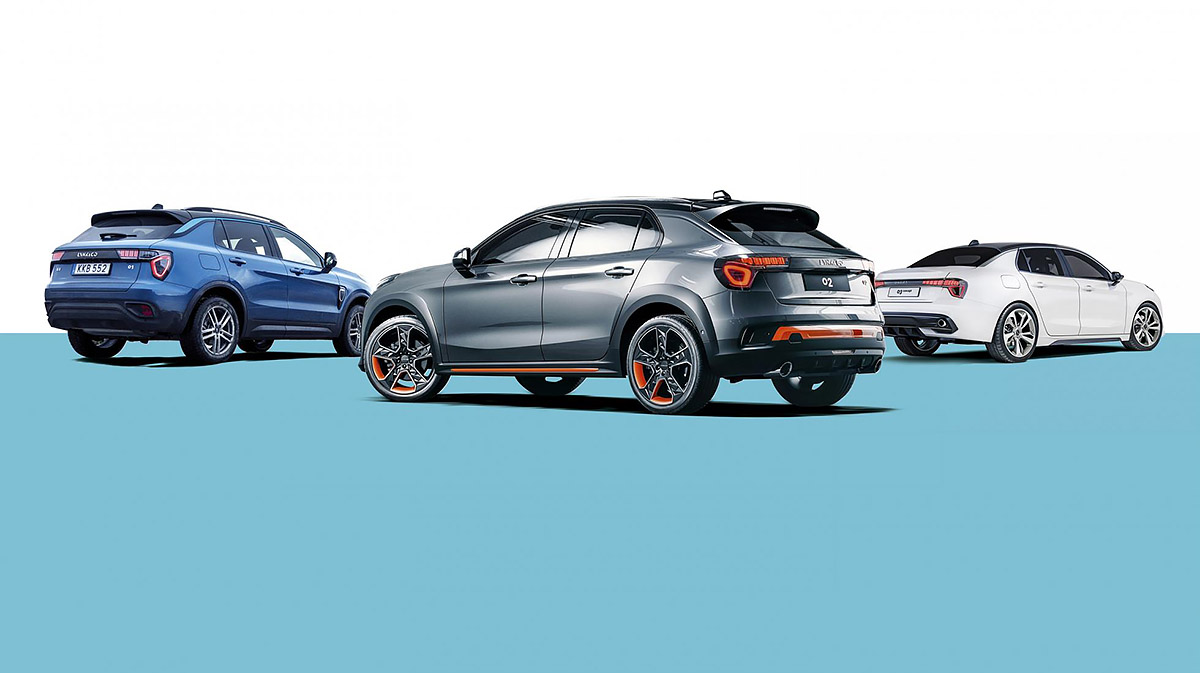

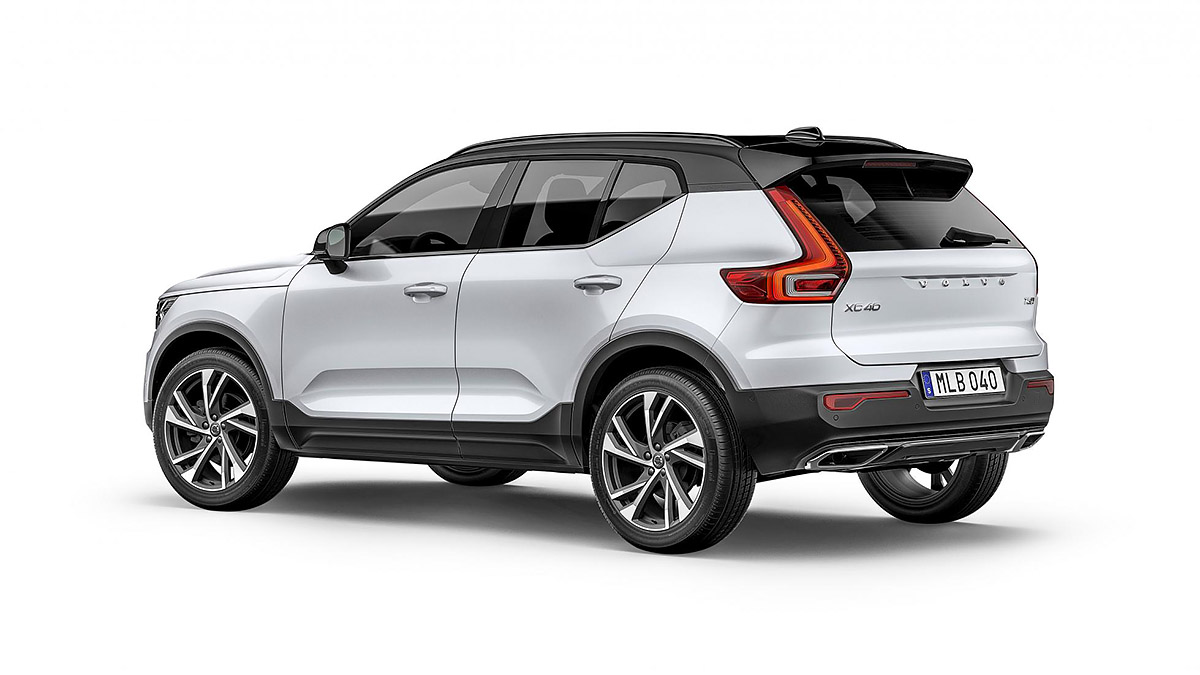
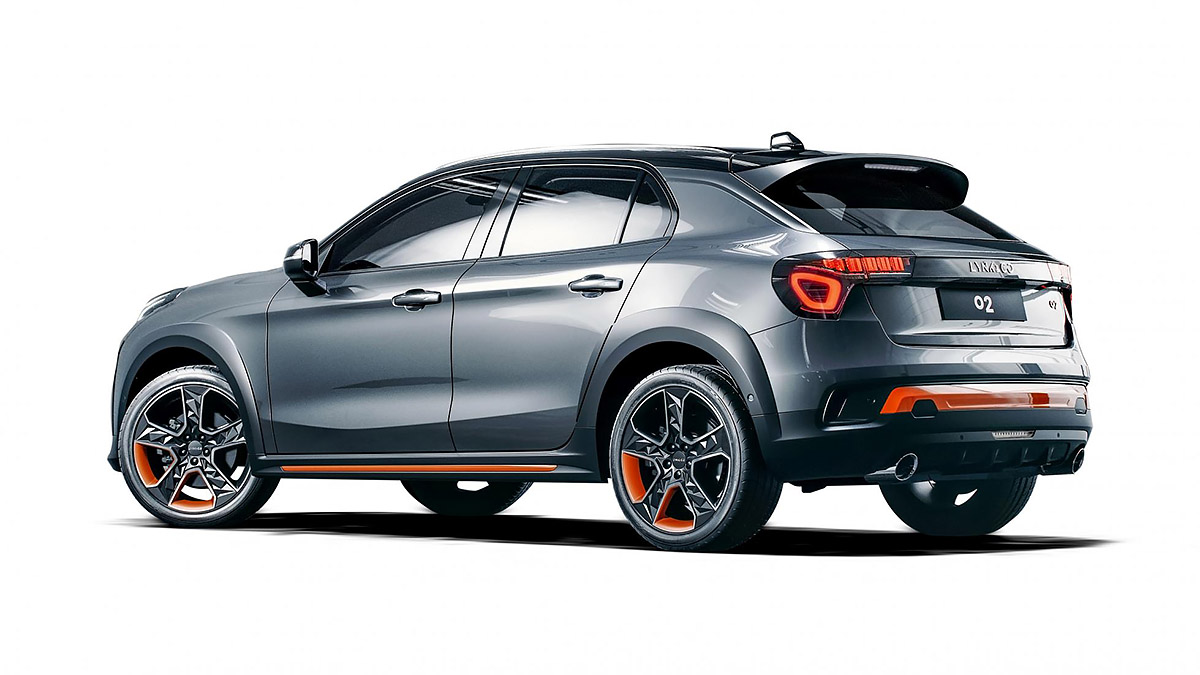
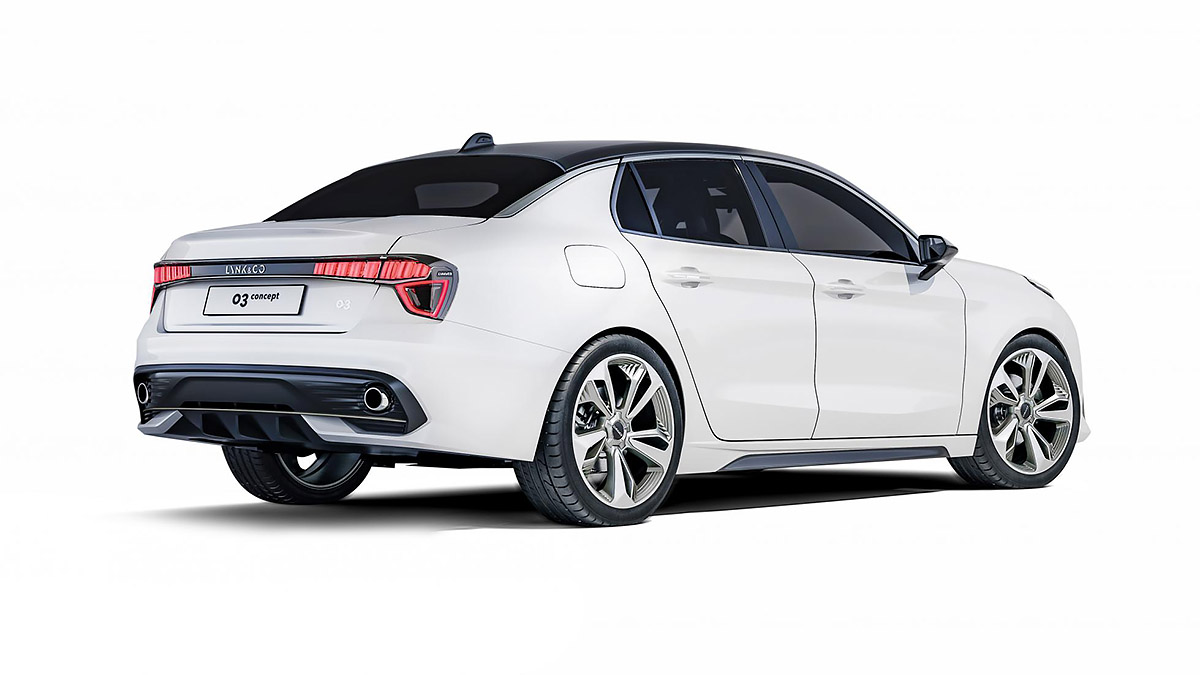
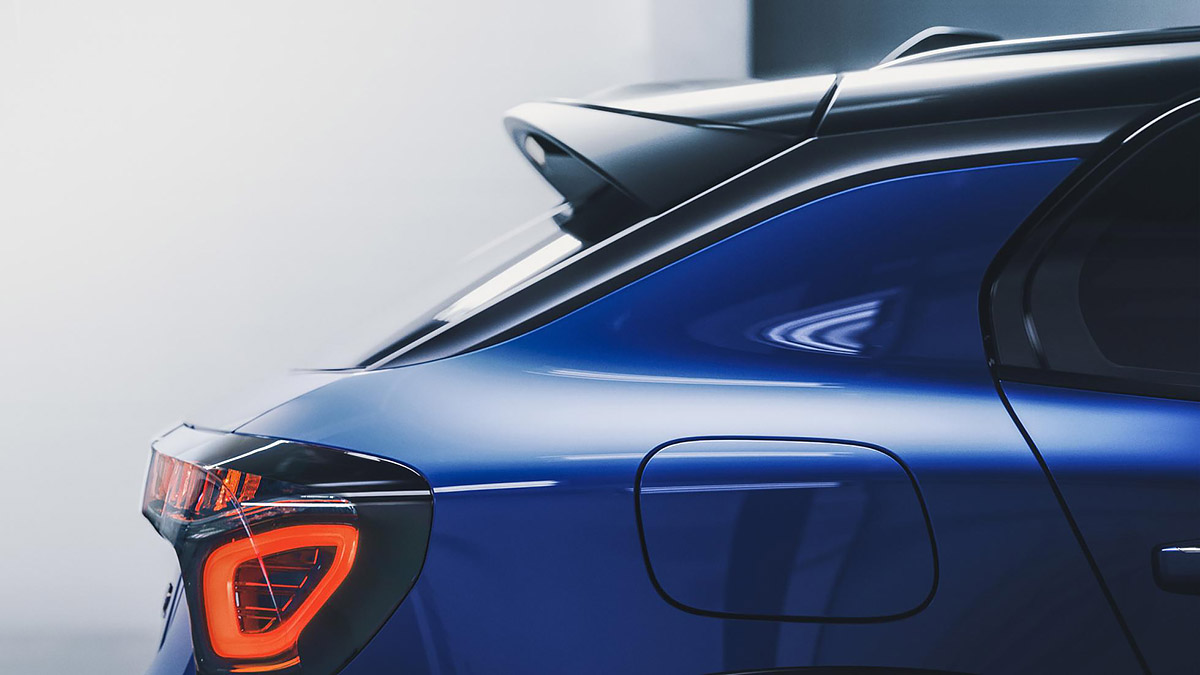

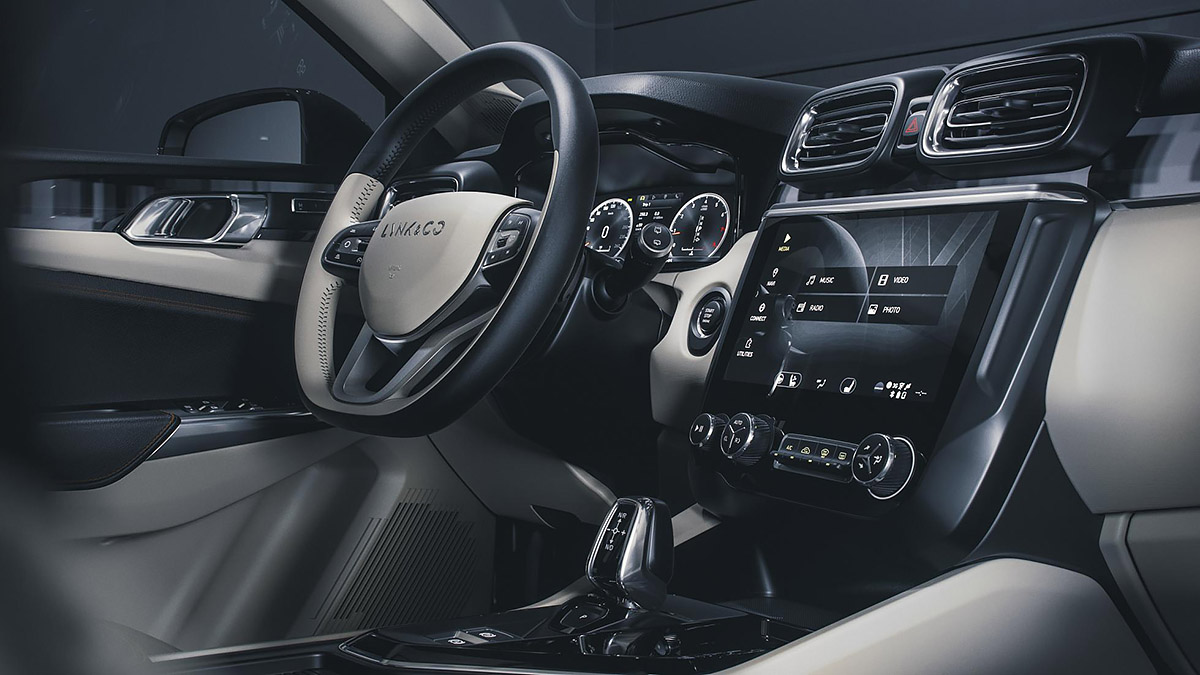
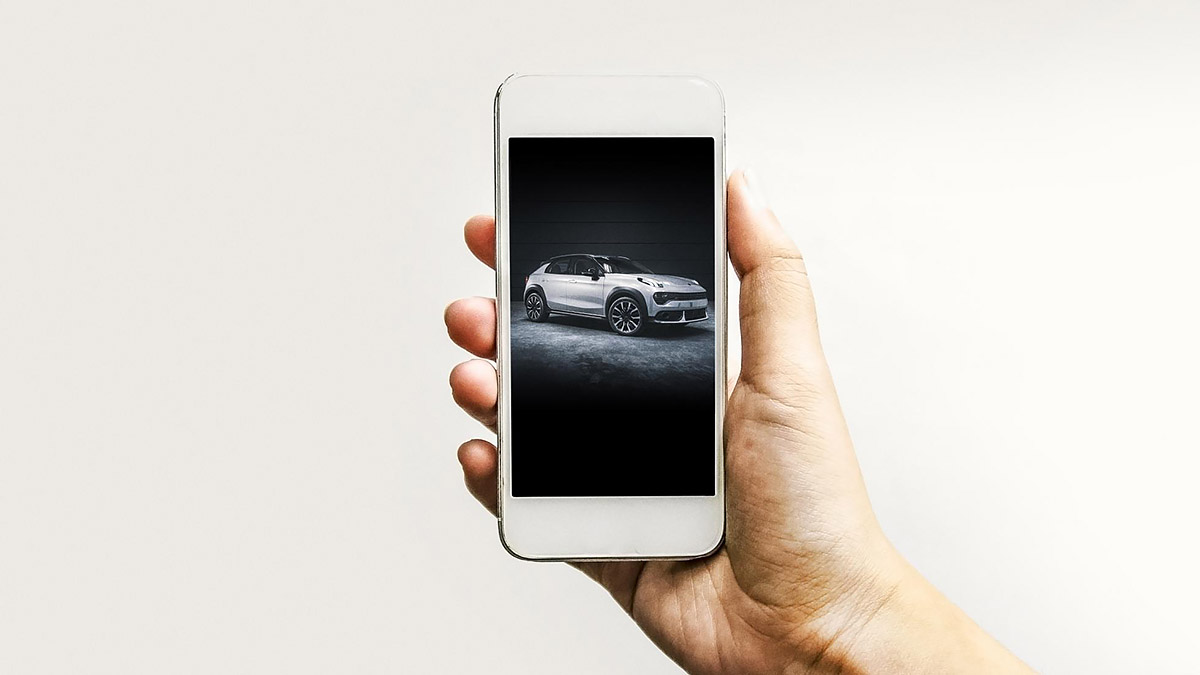
The car, then, becomes secondary to the convenience. Pride of ownership takes a back seat to usefulness, replaces the emotional satisfaction with utility. But is that really a bad thing? A petrolhead could subscribe to a Lynk-style service for commuting needs, and keep that special car for high days and holidays. With the cost savings from the lack of dealerships, the monthly price of a base subscription is likely to be similar to a full-on home multimedia package – far short of a traditional hire-purchase or lease deal. The kind of thing that would appeal to people who are shying away from personal car ownership and looking to Lyft and Uber. With new-car registrations falling, car companies need to do something to keep people buying – or rather consuming – cars.
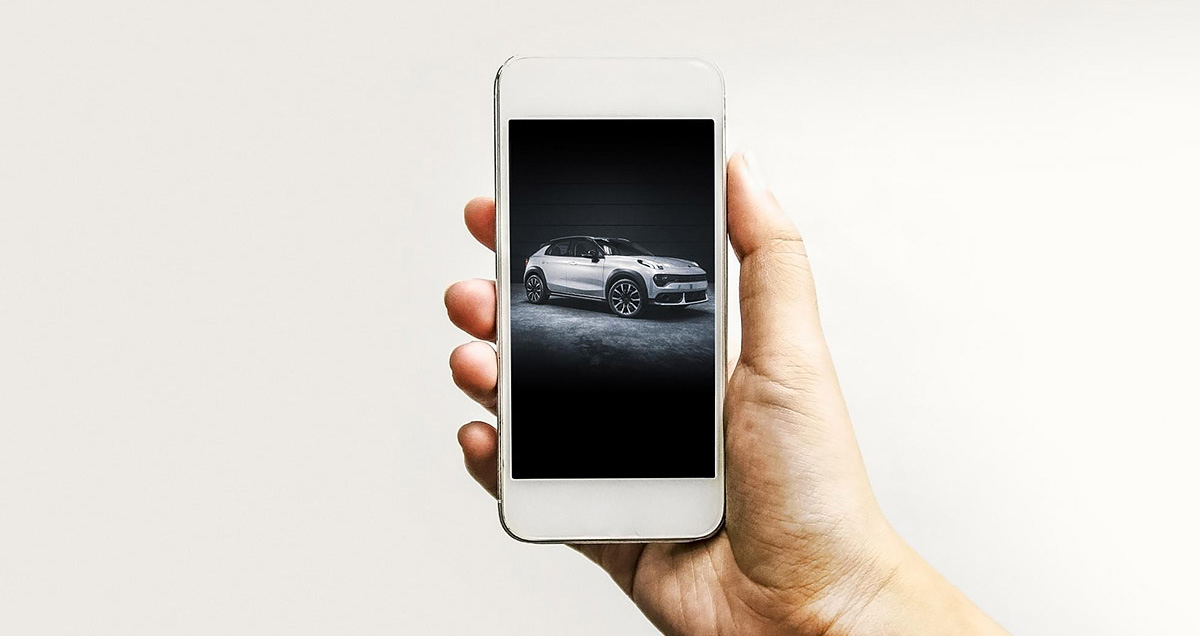
But it’s also wise to note that none of this is, in fact, new. The concentration on connectivity – in all its forms – is central to any manufacturer’s pitch these days, and Lynk&Co will definitely not be the only manufacturer with its corporate finger on the pulse. Similarly, subscription services exist all over the place, though mostly being trialled in the US, from single-marque systems like Volvo’s own Care programme, to Porsche’s Passport scheme, to similar versions in the shape of Mercedes Flexperience or BMW’s Access. Typically, these services offer app-based access to a raft of different cars, with a concierge service that handles delivery and collection. Then there are the multi-marque versions – too many to list here – where you simply book the kind of car you want, when you want, if at all. And while some of them simply seem to act like a fancy flat-fee lease with a few extras thrown in and no huge deposit, it proves that the automotive landscape is changing. Or at least the big automotive brands seem to think it is.
What is new is that the Lynk&Co brand has been conceived from the outset to take advantage of all of the options, to provide a starting point for the whole gamut of technology, unhindered by a powerful and strident dealer network understandably looking at the sector with panic on its collective face. It offers the kind of free and easy, come and go ownership models that appeal to commitment-phobic Millennials and eventually Generation Z – stuff that they’ve grown up with. After all, recent studies have shown Millennials (those in the 22–37 age range in 2018), would rather give up their car than their smartphone. Which means that Lynk&Co might have hit the ground running at the perfect time. The future of car ownership? This just might be it. Even if you don’t actually own anything at all.

